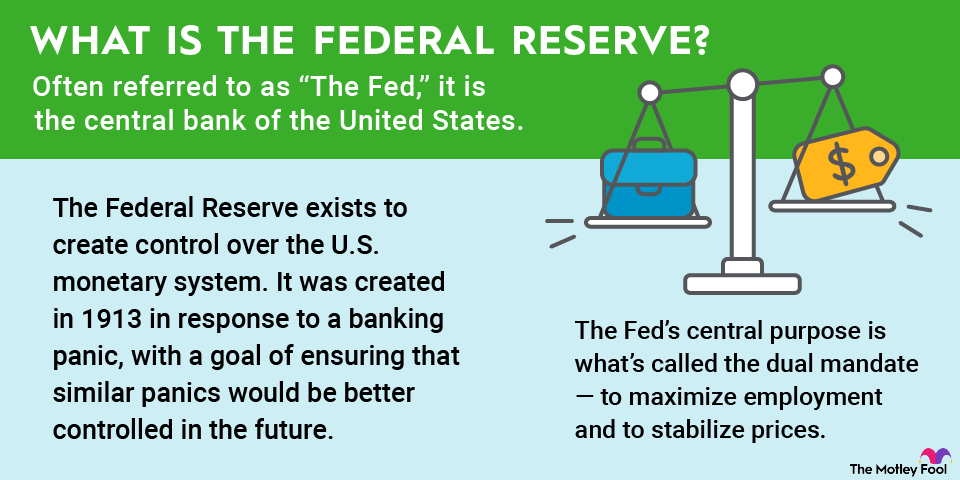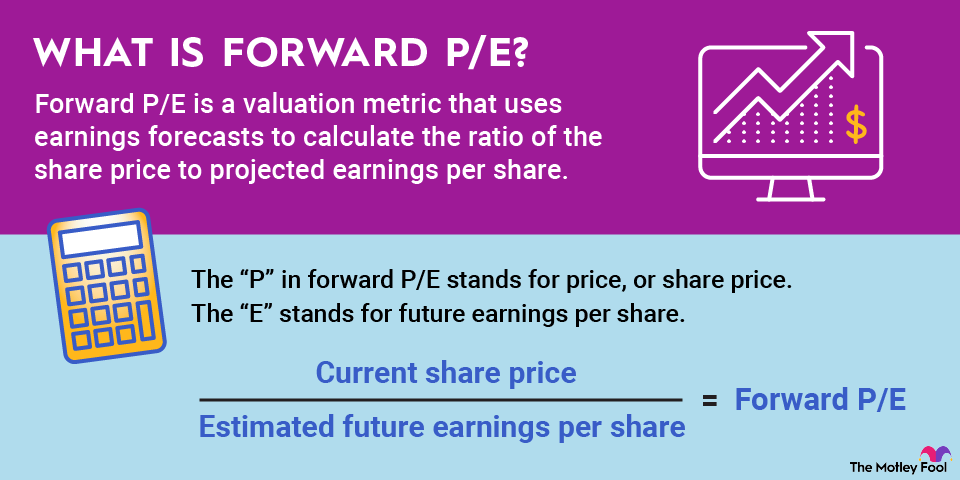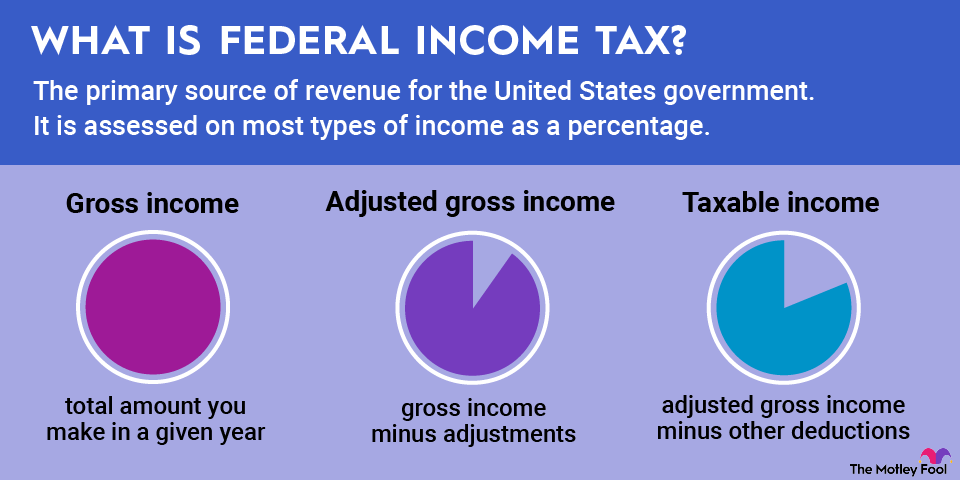How things are presented to us -- how they are framed -- can have a significant impact on how we perceive them. This framing effect can be used to influence decision-making in otherwise savvy investors. Let's examine framing and how we can overcome it in this article.

What is the framing effect?
The framing effect is a subconscious reaction to how information is presented. With effective framing, we forgo the logical part of our decision-making process and let our emotions take over. This is explained in psychology by the prospect theory, originally developed by Amos Tversky and Daniel Kahneman in 1979.
Under the prospect theory, it's believed that people evaluate the risk of loss asymmetrically; people are more influenced by the potential for loss than by the possibility of an equal gain. And while it's better to only risk losing something over definitely losing something, our brains prefer a guaranteed win over a potential win. Framing options through just one of these lenses can seriously alter decision-making.
For example, say you were given two options: An investment portfolio that was 70% likely to grow over the next five years or one that was 30% likely to stagnate or shrink over the next five years. Which would you choose? They're the same offer, but they sure don't feel that way.
How the framing effect is used
Behavioral economics studies how things like the framing effect can change the decision-making processes. Scientists have found there are basically four ways that the framing effect is used:
- Auditory framing. Auditory framing includes not only framed information spoken out loud but also incorporates tone of voice to help influence the outcome.
- Visual framing. Colors, fonts, and even type sizes can also subtly affect how you feel about an offer or decision. You see this a lot in advertising.
- Body language. The body language of a presenter is hugely influential when it comes to framing. We trust and value the opinions of people with confident and friendly body language over a more neutral approach, even if what they have to say doesn't make sense.
- Value propositions. Value propositions are a classic way that advertisers frame offers, such as offering a discount in different ways. The rule of relatively large numbers also plays a part here. Would you rather buy a car with a $2,500 rebate or one with a 5% discount? What if they ended up being the same dollar amount?
How can you overcome the framing effect?
The framing effect can cause anyone a bit of a hiccup in their investing journey, but there are a few things you can do to override it. First, remember your investment horizon. A long-term investor doesn't act hastily because they have to hold on to that company for a long time. It's best to give it some thought before pulling the trigger.
Second, make sure you really understand the offer being presented to you or the choice you're being offered. Certainly, a 70% chance to win sounds better than a 30% chance to stagnate or worse -- but it's all the same. Do exactly what you'd do when finding an investment on your own and read all the information you can find on it, including balance sheets for stocks and prospectuses for things like mutual funds.
Related investing topics
Why the framing effect matters to investors
Investors must be aware of the framing effect as they navigate the many options for their money. Sometimes, the people pushing a certain investment may even know that there are much better investments out there, but since it's their job to pump up their team, they do it anyway.
If you become more aware of the many ways that your investment dollars can be influenced, it makes it much easier to focus with clear eyes on potential stocks, mutual funds, bonds, and other securities. Keeping your mind and not your feelings in the driver's seat is the very best way to avoid losing control to the framing effect, which can easily derail your long-term investment goals.



















